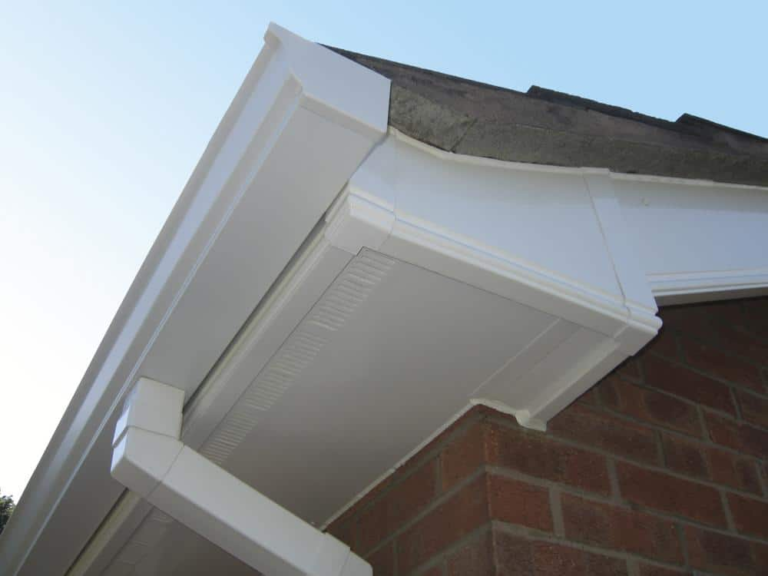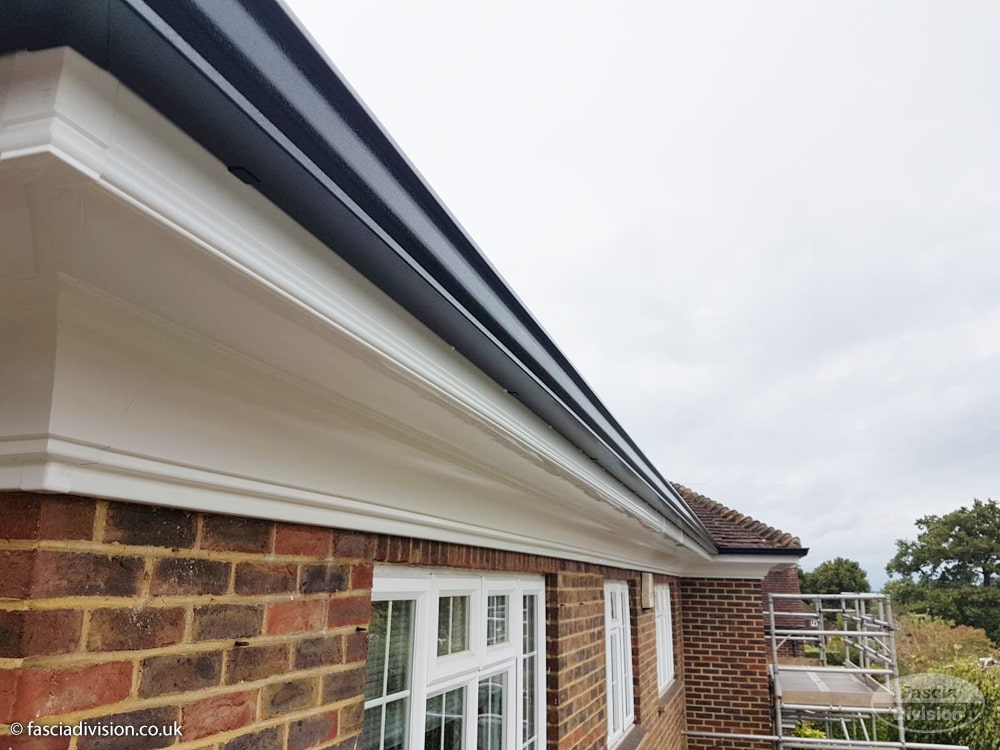20 Replacement Fascia Boards Websites Taking The Internet By Storm
페이지 정보
본문
Understanding Replacement Fascia Boards: A Comprehensive Guide
Fascia boards play an important role in the structural stability and aesthetic appeal of any structure. These horizontal boards are set up at the edge of the roofing, working as the primary support group for the lower edge of the roof and providing a tidy finish to the roofline. When these boards end up being harmed or used gradually, it may end up being necessary for property owners and building managers to think about replacement fascia boards. This short article aims to offer in-depth insights into fascia boards, the replacement process, the various kinds of materials offered, and regularly asked concerns.
Value of Fascia Boards
Fascia boards serve numerous essential functions that add to the durability and performance of a structure.
- Defense: They secure the underlying structure from moisture intrusion, insects, and the elements.
- Assistance: They support the lower edges of the roof, consisting of the roof shingles and sheathing.
- Visual Appeal: Fascia boards contribute considerably to the general look of a building, helping to create a polished and completed look.
Indications It's Time for Replacement
Determining when replacement fascia boards are required is important. Here are some typical indications showing the requirement for replacement:
- Visible Rot or Decay: Areas of discoloration or soft spots can show moisture damage.
- Fractures or Splits: Visible damage can cause further wear and tear if not resolved immediately.
- Insect Infestation: Evidence of pests like carpenter ants or termites might represent underlying damage.
- Our Outdated Appearance: Warping or fading paint can interfere with a property's curb appeal.
- Gutter Issues: Inconsistent drain from seamless gutters can be attributed to damaged fascia boards.
Kinds Of Fascia Board Materials
When considering replacement fascias, different materials offer varying benefits and downsides. Comprehending these options can help homeowners make informed choices. Below is a breakdown of common materials:
| Material | Benefits | Disadvantages |
|---|---|---|
| Wood | Aesthetic appeal, natural look | High maintenance, vulnerable to rot |
| Vinyl | Low maintenance, resistant to moisture | Can fade gradually, limited color choices |
| Aluminum | Resilient, fire-resistant | May dent or scratch, less aesthetic range |
| Fiber Cement | Very long lasting, mimics wood look | Heavier, can be more expensive |
| PVC | Extremely resistant to weather and rot | Higher in advance expense, may look less natural |
The Replacement Process
Replacing fascia boards is a task that requires careful preparation and execution. It can be carried out as a DIY project or contracted to a professional. Here's a step-by-step guide for homeowners considering a DIY technique:
Tools and Materials Needed
- Replacement fascia boards
- Measuring tape
- Circular saw or miter saw
- Ladder
- Level
- Nails or screws
- Hammer or drill
- Paint or wood surface (if needed)
Steps to Replace Fascia Boards
- Examination and Measurement: Inspect existing fascia, determining its length and depth.
- Elimination: Carefully eliminate damaged fascia boards, making sure no damage strikes the roof or eaves.
- Preparation: After elimination, look for any underlying issues like rot or mold on the rafters.
- Cutting Replacement Boards: Cut new boards to size, based on measurements taken.
- Installation: Fit the new boards in place, ensuring it lines up firmly with the roof.
- Finishing Touches: If wooden boards are used, use a protective surface or paint.
Maintenance Tips for Fascia Boards
To take full advantage of the lifespan of replacement fascia boards, think about the following maintenance tips:

- Regularly examine for signs of damage.
- Tidy seamless gutters to avoid blockage and pooling water.
- Paint or stain wooden fascias occasionally to prevent moisture-related problems.
- Trim nearby trees to minimize particles build-up.
Expense Considerations
Pricing for fascia board replacement differs based upon materials, labor, and the general condition of the existing structure. Here's a variety of costs homeowners can expect:

- DIY Costs: If undertaking the project, expect to invest in between ₤ 100 and ₤ 300 on products.
- Professional Installation: Hiring a contractor can range from ₤ 300 to ₤ 1,000, depending upon job scope and products selected.
Elements Influencing Cost
- Product Choice: Different products included varying cost.
- Labor: Hiring skilled professionals incurs labor expenses.
- Geographical Location: Prices may differ based on area and need.
- Existing Damage: If underlying structures need repair, costs will increase.
Frequently Asked Questions about Replacement Fascia Boards
1. How typically should fascia boards be replaced?
Fascia boards can last anywhere from 10 to 50 years depending on the product and maintenance. Routine evaluations can suggest when replacements are needed.
2. Can I paint my fascia boards?
Yes, painting is an outstanding method to safeguard wooden fascia boards from wetness while boosting curb appeal.
3. What is the best product for fascia boards?
The best material depends on the home and individual preference. Vinyl is popular for its low maintenance, while wood is preferred for its visual appeal.
4. Can I replace fascia boards in winter season?
While it is possible to replace fascia boards in winter, moderate temperature levels are more favorable for working with numerous materials and ensuring appropriate adhesion and sealing.
5. Should I work with a professional for fascia board replacement?
While many select a DIY method, seeking advice from a professional may be helpful for those lacking experience, specifically for assessing underlying damage.
Replacement fascia boards play a crucial role in the upkeep and appearance of a home. Comprehending the indications of damage, types of materials readily available, and the replacement procedure is important for any house owner. By investing time and resources into maintaining and changing fascia boards, homeowner can ensure the safety and appeal of their homes for years to come.
-
- 이전글
- 야부리사이트 주소ヴ 직시 (1080p_26k)야부리사이트 주소ヴ #hvu
- 25.07.11
-
- 다음글
- 야부리넷ヴ 직시 (1080p_26k)야부리넷ヴ #hvu
- 25.07.11


